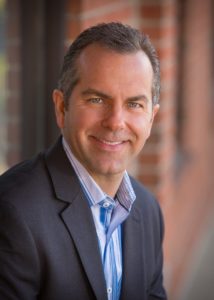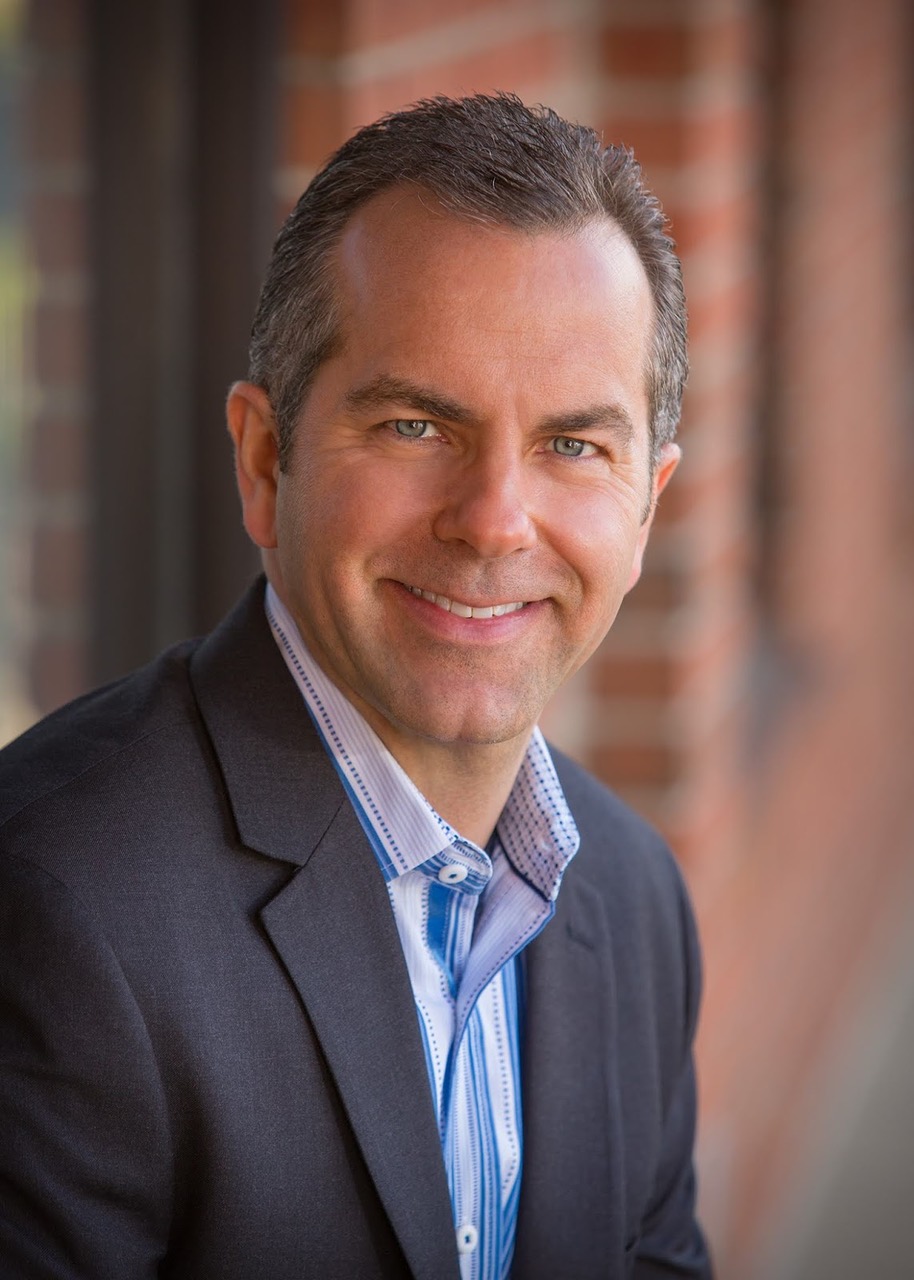
Skip Prichard is a growth-oriented business leader, turnaround specialist and keynote speaker. He has written a Wall Street Journal bestselling book called The Book of Mistakes: 9 Secrets to Creating a Successful Future.
Can you explain the significance of the concept, “Ask. Seek. Knock.”
It may be a simple concept, but it had a profound impact on me.
The late business philosopher Jim Rohn taught that success is not available to everyone. He shared the wisdom from the Bible that says, “Ask, and it will be given to you; seek, and you will find; knock, and it will be opened to you.” Success, Jim taught, is only available to those who ask, seek and knock. That means we must take an active role in seeking wisdom and bettering ourselves.
Learning and growing our business starts with learning and growing ourselves. It is this change that has a lasting impact. I have seen business results soar when a committed group of people embark on the path of personal development. It’s counterintuitive, and many resist it, but it is often the key to changing culture and improving outcomes.
You mention that you’ve learned as much from a homeless person as a successful businessperson. What are those lessons, and how do they differ?
I have interviewed over 1,000 of the world’s most successful people in business, politics, sports and many fields. From them, I have learned tremendous lessons about leadership, success and business.
Contrast these mega-successful individuals with those in my childhood. My family took people in from all over the world. They were all troubled in some way. One person we helped out was a man who had been homeless many times. I remember bringing him Thanksgiving dinner to his modest apartment. He was thrilled to show it to me, and we sat together talking about his life. He shared with me his story, what had happened, decisions he had made, relationships that were broken, how things spiraled downward. I may have brought him a meal, but he was the one bringing the real value. When we look at everyone around us as a teacher, we become open to some incredible and often surprising lessons.
What not to do is often as important as what to do. If we are going to a destination, isn’t it as important to avoid potholes and pitfalls in the road? A luxury car with a navigation system is useless if it’s on the shoulder waiting for a tow.
How did you come up with the nine mistakes?
The nine mistakes were derived over many years as I interviewed successful people and then researched each of the mistakes. The research underlying the mistakes spans research on grit, the limited mindset, to research on the dying. It is this expansive view that yields the nine mistakes. They are simple thoughts when you read them, and hopefully obvious, because truth is always simple and obvious.
The story came together in a rush of creativity on a long flight to Australia. The movie selection wasn’t appealing, so I opened my laptop and began to write. I didn’t fully realize what was happening until we landed and I had the narrative for The Book of Mistakes.
Is there one mistake that entrepreneurs are particularly susceptible to? Why, and what’s the solution?
All of them can be pitfalls for entrepreneurs, and I can attest to this from experience. The whole team could struggle with one or it may be individually focused.
Let me answer with one that entrepreneurs are usually not susceptible to and why it still deserves attention. One of the mistakes is allowing temporary setbacks to become permanent failures. Most entrepreneurs have resilience and grit and just push past what “normal” people would. That makes this particular mistake more unlikely than the others. And yet recognizing a setback, and helping the team push through it, is a skill that is important. It is often more important for entrepreneurs because this may be a blind spot for them because they often just don’t see it. The team, however, does see it, needs you to recognize their struggle, and will become more loyal and focused when you help them through it.
I offer a quiz that helps you identify your particular mistake.
Most of us are afraid of making mistakes. Why are mistakes an integral part of success?
No sane person craves failure, right? We don’t usually set our goals for the year and say, “I am going to fail at these five things, but at least it will be a spectacular fail.”
Yet some failure is inevitable, a part of the learning experience, and can lead us closer to our ultimate success. How we look at failure is often the key. If we look at a mistake as fatal, we’ve just made the mistake I reference above and let it become a permanent failure. If we reframe this mistake, it often becomes just a bump in the road.
In fact, many of the successful business leaders I interviewed are able to take any major victory or success and break it down for me. They can pull it apart and tell me all of the problems, the mistakes, the missteps that happened along the way. Each of these could have ended the project, but they were able to keep going until they ultimately saw success.
The question is not whether you will make mistakes, the question is how will you deal with them.
What was your biggest mistake along your entrepreneurial journey, and what did you learn from it?
Jim Rohn once said, “Work harder on yourself than you do on your job.”
That was likely the best advice I ever heard. It seems so counterintuitive. We think that to get ahead, we must work harder on or in our business.
But the magic of personal development only happens when we work on ourselves. That’s when our skills expand, when we become more today than we were yesterday, when we gain tools that were inaccessible previously.
I have made many mistakes, including all nine of them listed in this book at various times. I have overpaid for things and hired the wrong person for a job. All of the typical mistakes we make as we learn and take risks.
The biggest mistake, however, is whenever I work hard on my job and not on myself. Because that’s when I limit my potential.
As a leader, where do you turn to find learning, growth and stimulation?
What an amazing time we live in. Books, podcasts, videos, blogs, classes, on and on… the opportunities to expand our horizons are endless.
I’m lost in books because of the opportunity to grow and learn. There is always another page to turn and explore new worlds. To think that, not too long ago, a book was a rare and treasured item. Today, thousands of books are accessible for most of us from a device in our pocket. It’s incredible.
Interviewing authors and leaders from all over the world stimulates my thinking and that’s why I enjoy sharing the insights I learn.
 Skip Prichard currently serves as president and CEO of OCLC and previously as president and CEO of Ingram Content Group, Inc. He is known for his track record of successfully repositioning companies and dramatically improving results while improving the corporate culture. His views have been featured in print and broadcast media including the BBC, The New York Times, CNN, NPR, The Daily Beast, Harvard Business Review, Fast Company, Writer’s Digest, Information Today and Forbes. He is also an Inc. Top 100 Leadership Speaker. For more information, please visit https://www.skipprichard.com and follow the author on Twitter.
Skip Prichard currently serves as president and CEO of OCLC and previously as president and CEO of Ingram Content Group, Inc. He is known for his track record of successfully repositioning companies and dramatically improving results while improving the corporate culture. His views have been featured in print and broadcast media including the BBC, The New York Times, CNN, NPR, The Daily Beast, Harvard Business Review, Fast Company, Writer’s Digest, Information Today and Forbes. He is also an Inc. Top 100 Leadership Speaker. For more information, please visit https://www.skipprichard.com and follow the author on Twitter.
Categories: Coaching OPERATIONS STRATEGY

